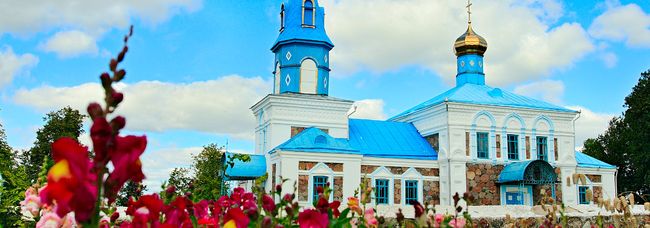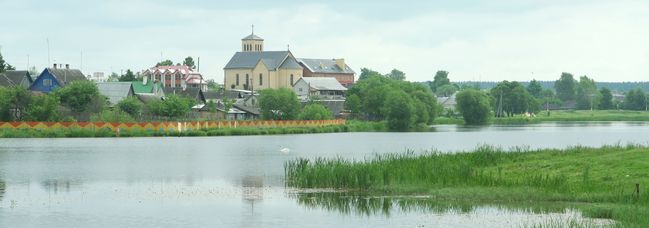
Dokshitsy Regional Executive Committee
Address: 31 Leninskaya Street,
Dokshytsy 211722
Phone:
8 (02157) 3-25-10 from 8.00 to 17.00
Fax:
8 (02157) 3-25-11
E-mail:
rikdok@vitebsk.by











Address: 31 Leninskaya Street,
Dokshytsy 211722
Phone:
8 (02157) 3-25-10 from 8.00 to 17.00
Fax:
8 (02157) 3-25-11
E-mail:
rikdok@vitebsk.by










Vitebsk was the first regional capital to welcome UN Resident Coordinator/UNDP Resident Representative in Belarus Sanaka Samarasinha who came to hear out and consider initiatives regarding the implementation of the new United Nations campaign Inclusive Belarus, BelTA has learned.
Representatives of the UNDP office in Belarus met with local government authorities, directors and employees of agencies providing social care and cultural services, public associations and funds on 15 June. Sanaka Samarasinha said a few words about the project UN70 Belarus Express that was held in 2015 to mark the 70th anniversary of the United Nations. This year, UN officials have initiated a new campaign Inclusive Belarus to increase the awareness of the Belarusians, particularly those living in the regions, of inclusion as a process of integration of certain groups of people in society. The campaign aims to build public awareness of the rights of vulnerable and disadvantaged groups, including people with disabilities, some categories of women and children, HIV-positive people and migrants. Another objective is to eliminate barriers hampering the lives of such people.
"All we have so far is the idea and timeframe for events which are to take place from 24 October (United Nations Day) to 18 December (International Migrants Day). This period will be rich in relevant celebrations. The campaign will run for around seven weeks. Each week will be devoted to a different region. As for specific proposals regarding these events, we have invited local communities to suggest their own ideas," Sanaka Samarasinha explained.
He specified that the project aims to achieve three important objectives. To remove physical, psychological, social and economic barriers, it is necessary to crash barriers in people's minds. First of all, we need to highlight the problem to those who are unaware of its existence. Secondly, we should work with those who know about this problem, but choose to ignore it or distance themselves. We need to show people that all community members are interconnected and eliminate HIV-related stigma. Thirdly, it is necessary to provide people with disabilities with a platform to speak up, Sanaka Samarasinha said.
He pointed out that local communities are welcome to come up with ideas for events to be held in other regions of Belarus.